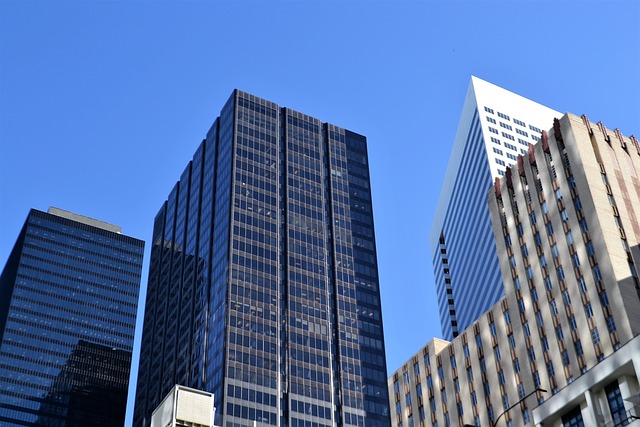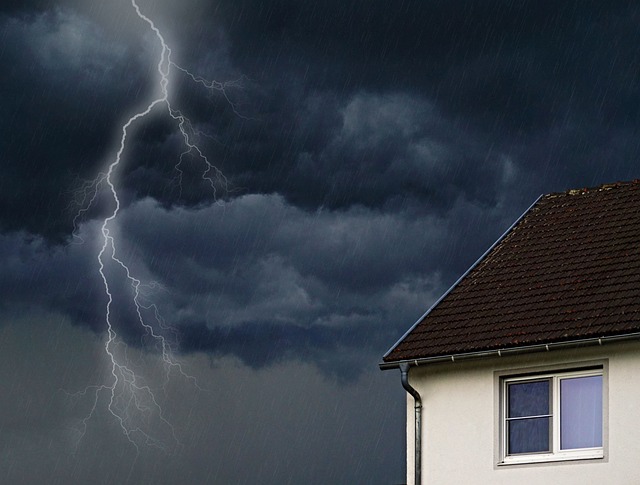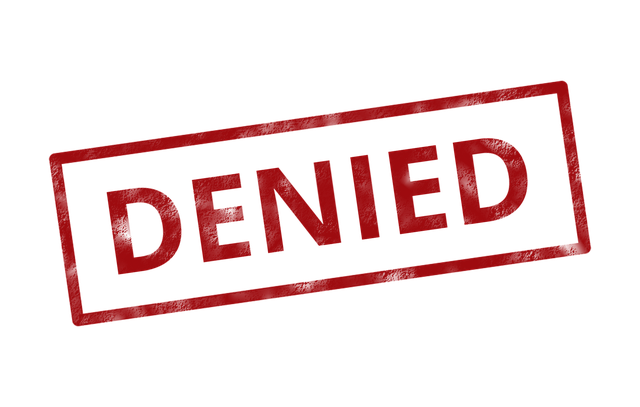Commercial insurance is a crucial safety net for businesses, protecting physical assets from fires, storms, vandalism, and theft, with policies covering repairs, replacements, and business income loss. Policies vary but offer peace of mind against unforeseen property losses. Different commercial property types require specialized coverage for unique risks like data breaches, employee injuries, inventory loss, or equipment malfunctions. Liability insurance is fundamental for legal protection against incidents on business premises, including accidents, injuries, and property damage. Understanding policy exclusions for events like floods or hazardous activities is critical for adequate protection. Regular reviews ensure policies align with evolving business needs, mitigating financial risks from unforeseen events, natural disasters, or cyberattacks. Real-world case studies highlight the practical benefits of commercial insurance in providing peace of mind and financial security during crises.
In today’s dynamic business landscape, safeguarding your commercial property and mitigating liability risks are paramount. This comprehensive guide delves into the intricacies of Commercial Insurance, equipping you with essential knowledge for informed decision-making. From understanding basic coverage to navigating unique risks associated with different property types, we explore crucial aspects. Learn about the protective shield of liability insurance and common exclusions to watch out for. Discover the value of regular reviews in adapting your policy to evolving needs through real-world case studies.
Understanding Commercial Property Insurance: Coverage Basics

Commercial property insurance is a crucial component for businesses, offering protection against potential risks and losses related to their physical assets. This type of coverage is designed to safeguard commercial buildings, structures, and personal belongings within those properties. In essence, it acts as a financial safety net, compensating business owners for repairs or replacements in the event of unforeseen circumstances such as fires, storms, vandalism, or theft.
The basics of commercial property insurance typically include coverage for the physical structure itself, as well as any fixed fixtures and equipment inside. This can extend to additional structures on the premises, inventory, and even loss of business income if a covered event disrupts operations. Policies may vary in their specific terms and exclusions, but they generally provide peace of mind, ensuring that businesses are protected against financial burdens arising from unforeseen events that could impact their property.
Different Types of Commercial Properties and Their Unique Risks

Commercial properties come in various types, each presenting distinct risks that require tailored insurance coverage. Offices, for instance, face challenges related to data breaches and employee injuries, while retail spaces must contend with inventory loss, customer slip-and-falls, and property damage from storms or vandalism. Industrial buildings, on the other hand, often involve worker compensation claims, equipment malfunctions, and potential environmental liabilities due to hazardous materials handling.
Each of these property types necessitates a comprehensive commercial insurance policy that addresses their unique risks. General liability coverage is crucial for protecting against claims of bodily injury or property damage, while specialized policies may be required for specific perils like cyber attacks, natural disasters, or business interruption—all essential considerations when safeguarding businesses and their assets.
Liability Insurance: Protecting Your Business from Legal Claims

Liability insurance is a crucial component of any comprehensive commercial insurance policy. It provides financial protection against legal claims and suits, which can arise from various business activities. This type of insurance is essential for businesses as it shields them from potential costs associated with accidents, injuries, or property damage that may occur on their premises. By having liability coverage, businesses can ensure they are prepared to handle unexpected legal issues without incurring significant financial strain.
When you purchase commercial insurance, the liability portion offers peace of mind by covering legal fees, court costs, and damages awarded in lawsuits. It protects your business from claims related to product liability, professional negligence, or bodily injury to third parties. This is especially important for establishments with high foot traffic or those involving potentially hazardous operations. Effective liability coverage allows businesses to maintain their reputation and financial stability even amidst legal challenges.
Common Exclusions to Watch Out For in Commercial Policies

When perusing commercial property and liability insurance policies, it’s crucial to be aware of common exclusions that could significantly impact your coverage. These clauses stipulate what isn’t covered under your policy, so understanding them is essential for effective risk management. Some frequent exclusions include damage caused by floods, earthquakes, or war, which are often categorized as perils not typically included in standard commercial insurance policies.
Additionally, activities like asbestos removal, chemical manufacturing, or construction projects over a certain value may have specific exclusionary provisions. Businesses dealing with hazardous materials or high-risk operations must pay close attention to these details. Understanding and mitigating these exclusions through endorsements or alternative coverage options is vital for ensuring comprehensive protection in the event of unforeseen events.
The Importance of Regular Reviews and Adjustments in Commercial Insurance

In the ever-evolving business landscape, commercial insurance policies must be treated as dynamic documents that adapt to changing circumstances. Regular reviews and adjustments are crucial components of effective risk management for businesses. Market conditions, legal frameworks, and business operations can all shift over time, impacting potential exposure to liabilities and hazards. Therefore, periodic assessments ensure that the Commercial Insurance coverage remains suitable and adequate for the specific needs of the enterprise.
These reviews allow insurers and policyholders to identify gaps or oversights in existing policies. By analyzing emerging trends, historical data, and industry insights, adjustments can be made to liability coverage limits, deductibles, and scope. This proactive approach helps businesses mitigate financial risks associated with unforeseen events, natural disasters, legal disputes, or cyberattacks—all of which are increasingly prevalent in today’s complex business environment.
Case Studies: Real-World Examples of Commercial Insurance in Action

Commercial insurance plays a pivotal role in safeguarding businesses against financial losses and legal liabilities, offering peace of mind in an uncertain world. To illustrate its practical application, let’s look at two case studies from real-world scenarios.
In one instance, a small retail store suffered a significant fire, rendering their building uninhabitable. Their comprehensive commercial insurance policy, which included property damage coverage and business interruption liability, swiftly came into action. The insurer facilitated emergency services, covered the cost of temporary relocation, and provided financial support during the rebuilding process, enabling the store to reopen within months, minimizing downtime and financial strain. Similarly, a tech startup faced a data breach, leading to legal repercussions and potential customer losses. Their liability insurance stepped in, covering legal fees, settlement costs, and reputational damage, allowing them to navigate this crisis effectively and maintain their market standing.
